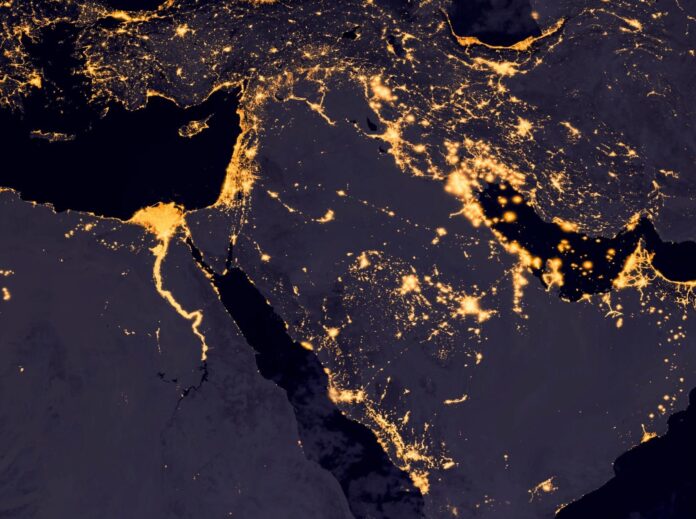Authors: Dalia Dassa Kaye, Linda Robinson, Jeffrey Martini, Nathan Vest, Ashley L. Rhoades
Affiliation: RAND Cooperation
Organization/Publisher: RAND Cooperation
Date/Place: February 23, 2021
Type of Literature: Report
Word Count: 5693
Link: https://www.rand.org/pubs/research_reports/RRA958-1.html
Keywords: Middle East, U.S. Strategy, Governance, Iranian threat, BRT
Brief:
US policy toward the Middle East has remained seditious, founded on the legacy of hard power, aid packages, and a skewed emphasis of the Iranian threat. RAND assesses that this policy has subsequently failed to advance American interests in the Middle East and now proposes a rethought-on adaptation of new long-standing policies to explore regional veracities and strategic imperatives. The report details the United States’ total expenditure on foreign military financing in 2019 was $6 billion, 81% of which was devoted to three countries in the Middle East: Israel, Egypt, and Jordan. This unevenness of the US’ aid allocation hampers the scope for cooperation with other regional states. The report indicates that the United States must come out of the threat-narrative, and to convey a policy line centered on cooperation rather than security parameters. This unconventional approach would lead to economic cooperation, good governance, state and public diplomacy and would certainly cut heavy reliance on military tools. This might require decreasing sales of high-end weaponry. Despite extreme compression and unilateral sanctions, the US has remained unsuccessful in constraining Iran’s nuclear program or curtailing its regional activities. The report proposes that along with off-putting Iran’s nuclear program through multilateral diplomacy, the US should put exertion on the environment in which Iran maneuvers in the region to reduce Iranian footing in the Middle East. Improvement in Iraq’s governance could be the flagship to deflate Iran’s reach in the area. The report also evaluates the involvement of global competitors like China and Russia and their impact on American strategic objectives in the region. Russia for instance, which engages in security and weaponries sales, thus supports the interventions. Russia’s approach provides twofold efficacy: firstly, it keeps Russia relevant in the region as a major power; and secondly, it serves huge economic benefits for Russia to maintain the status quo. In contrast, China upholds a policy of cooperation with economic involvement and investments; the Middle East is considered as a vital path in the Road Belt Initiative for China. Therefore, a shift in economic spending is suggested for US policy makers, with a more balanced approach in the Middle East. This would entail a people-centric policy rather than security-centric.
By: Maryam Khan, CIGA Research Associate




